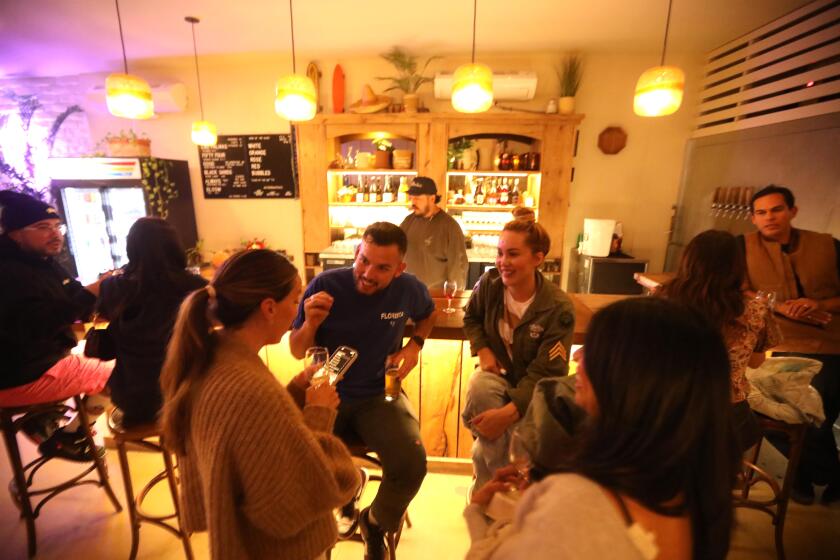‘The Solitary Vice’ by Mikita Brottman
The Solitary Vice
Against Reading
Mikita Brottman
Counterpoint: 230 pp., $14.95 paper
There are two kinds of people: those who read obsessively and everybody else. When I was a kid, my grandmother used to scold me for bringing books to family occasions, but I preferred whatever I might find in those pages to anything in the so-called real world. This, I always thought, was a badge of honor, but Mikita Brottman says I’m wrong.
In her new book, “The Solitary Vice: Against Reading,” Brottman challenges our assumptions, suggesting that reading may not be so good for us after all. “ ‘The Solitary Vice,’ ” she begins, “ . . . is perhaps the best-known Victorian euphemism for masturbation, an activity that, at the time, was widely believed to cause not only physical breakdown and moral collapse in this lifetime, but eternal damnation in the next. This book is about a different solitary vice.”
There’s a certain tongue-in-cheek quality to such an observation, but Brottman does want us to rethink our relationship to reading, our blind acceptance that books come with built-in social value, that they improve us.
“What’s wrong with reading?” she asks. “ . . . Nothing, of course. But once you assign an intellectual value to the act, you not only overlook the nature of the text itself, you also make universal and one-dimensional what is essentially a private process of engagement.” In other words, you dilute the emotional power of the word, of language, by framing reading as a moral virtue.
We all know people for whom literature is an intellectual cudgel, a way to bludgeon others with how erudite they are. Unfortunately, as “The Solitary Vice” progresses, Brottman loses sight of this point, delivering instead a series of loosely structured essays on her reading life. In one, she describes her childhood interest in gothic fiction; later, she writes about her fascination with libraries and takes on bibliomania and our bent to talk about books we haven’t read.
All this is interesting in its own way, but it has little to do with the larger conceit of the book. In addition, Brottman makes too many broad generalizations that the facts don’t appear to support. She pays lip service to blogs, dismissing them as purveyors of gossip, and more than once, she refers to our cultural “faith” in reading, an idea that seems at odds with a society in which all markers point to the written word’s being in decline.
Most problematic is her notion that reading can make us “alienated, detached from society and culture, adrift even from family and friends.” This sounds like my grandmother, but even as a child, I understood she was wrong about reading, that it did not close but open up the world. It’s astonishing to confront a similar argument years later, especially in the pages of a book. *
david.ulin@latimes.comDavid L. Ulin is book editor of The Times.
More to Read
Sign up for The Wild
We’ll help you find the best places to hike, bike and run, as well as the perfect silent spots for meditation and yoga.
You may occasionally receive promotional content from the Los Angeles Times.











